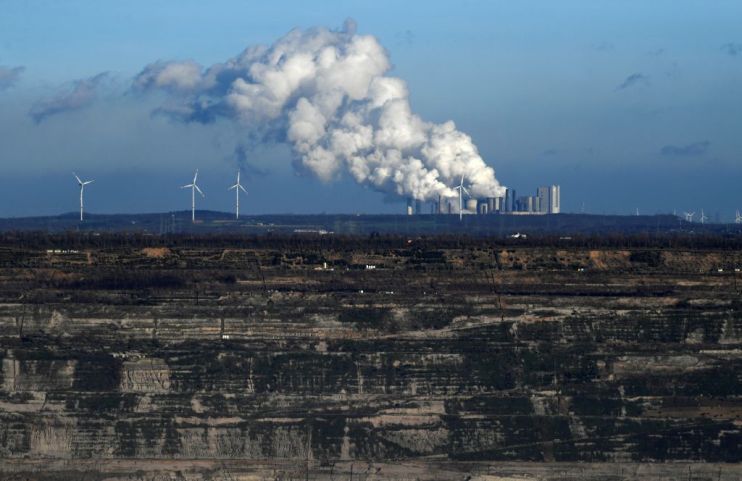German government agrees €40bn deal for coal power exit

The German government has agreed to a €40bn (£34.2bn) deal to help workers and companies as part of plans to end the use of brown coal power plants by 2038.
The deal, which was announced by economic minister Peter Altmaier today, is part of a package of measures which will enable Europe’s largest economy to cut fossil fuel emissions to 55 per cent of their 1990 levels by 2030.
In talks which lasted most of the night, the government agreed to pay up to €14bn to coal-mining states Brandenburg, North-Rhine Westphalia, Saxony and Saxony-Anhalt until 2038, a statement from spokesman Steffen Seibert said.
Other measures, worth up to €26bn, would be commissioned by the federal government to help brown coal regions in the same time period.
Seibert also announced that energy-intensive companies would be provided with annual subsidies from 2023 to help ease the burden of higher electricity costs caused by the coal exit.
The combined sum of the compensation will be €4.3bn, finance minister Olaf Scholz said in a press conference.
Sources told Reuters that the government plans to pay supplier RWE roughly €2.6bn in compensation for shutting down its coal powered plants.
The firm will cut 6,000 jobs – roughly a third of its workforce – by 2030. Chief executive Rolf Martin Schmitz told a media briefing: “RWE stretches to the limits of what is possible. We will bear the majority of the burden the German government demands for the coal phase-out.”
The firm had estimated it would receive compensation of €3.5bn, excluding lost profit from its power stations.
Mibrag, a Czech-owned mining company which operates in the east of the country, is expected to get €1.7bn in compensation.
The accompanying legislation for the transition away from coal power is expected to be brought before the government on 29 January.
Altmaier told reporters: “What we have here is a good agreement for climate protection because it makes it clear that we are taking it seriously.”
Brown coal, or lignite, is considered the most harmful form of coal in terms of emissions, in part due its low heat content, which means more must be burn.
The substance makes up 19 per cent of Germany’s electricity capacity.
Sign up to City A.M.’s Midday Update newsletter, delivered to your inbox every lunchtime